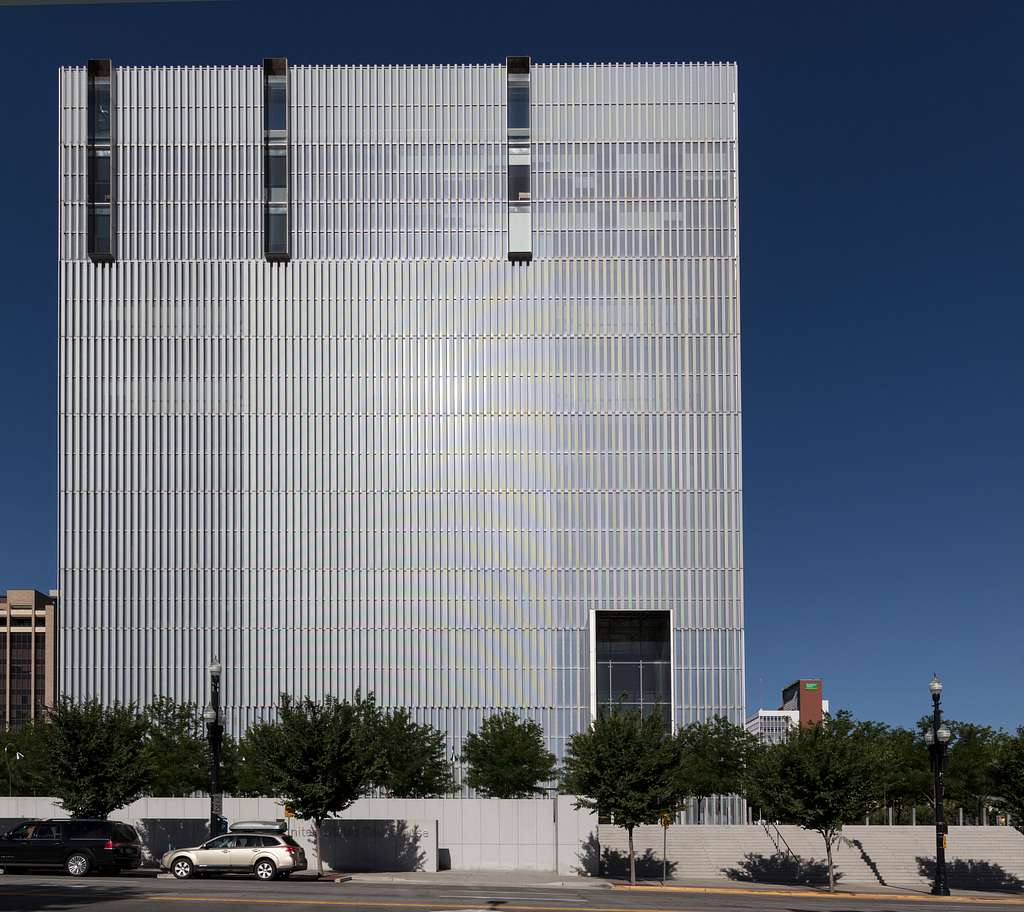By Charles Pekow — First they made you go through metal detectors and inspect your bags. And some venues won’t even allow fanny packs, let alone backpacks. Since the 2001 terrorist attacks, fences went up around some federal installations. And now, the federal government may even restrict bicycles on or even near some federal property.
The Department of Homeland Security (DHS) proposed updated regulations for Protection of Federal Property. The proposal would “prohibit the unauthorized use, operation, parking, locking, or storage of vehicles or other personal transportation devices on federal property.” The definition specifically includes bicycles and scooters.

The devices would be OK, however “when specifically allowed in designated areas.” DHS says these vehicles can create “security threats” by blocking entrances/exits or being rammed into people or facilities. DHS says it has observed vehicles parked at or near federal facilities unattended for significant time in dense urban areas and they could also be used to carry explosives.
DHS spokesperson Amelia Roberson clarified in an email to Cycling West that the proposed rule “does allow the restriction on the use and parking of bicycles on federal property in limited circumstances. For this provision to be in force, the federal facility must identify areas where either the use or parking of bicycles affect the security of the federal facility or adjacent federal property, and then provide constructive notice (signage) at those specific locations that the use or parking of bicycles is prohibited. The prohibition on the use or parking of bicycles in these restricted areas will not impact either existing bike parking racks or the ability to establish bike parking racks at federal facilities by federal facilities.”
A public comment period expires March 17. See Federal Register, Volume 90 Issue 9 (Wednesday, January 15, 2025). https://www.govinfo.gov/content/pkg/FR-2025-01-15/html/2024-31206.htm

